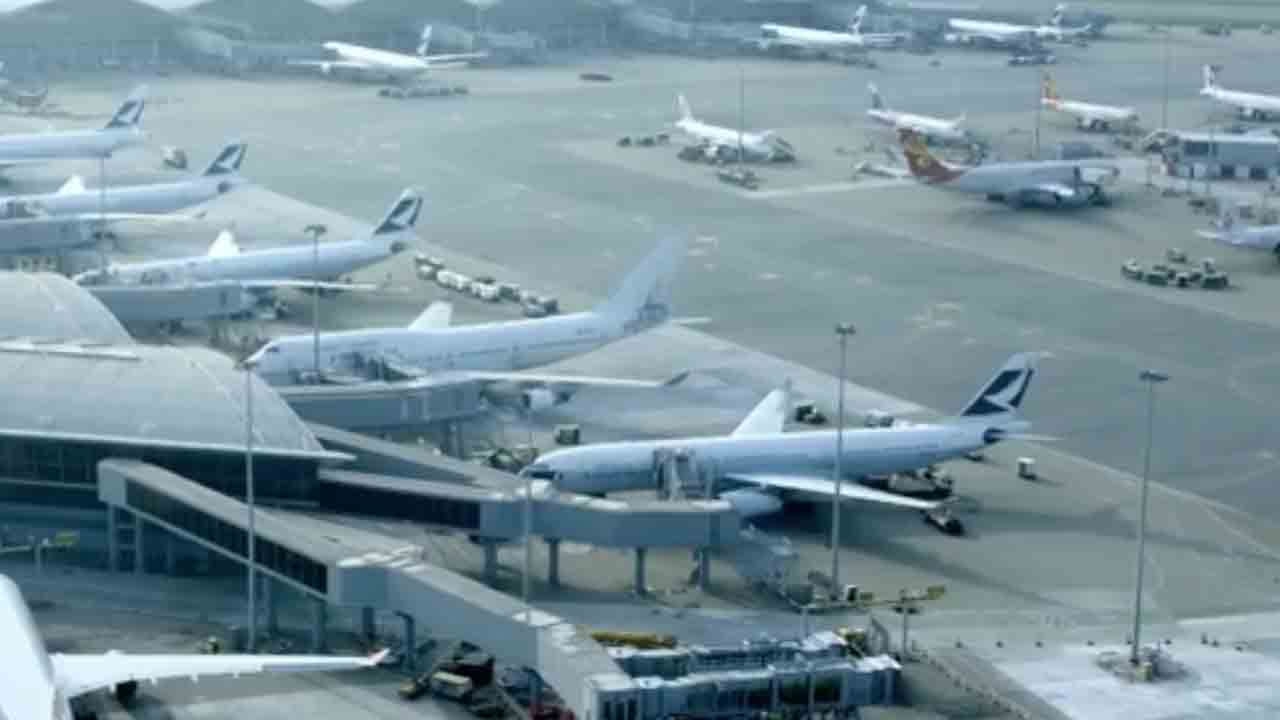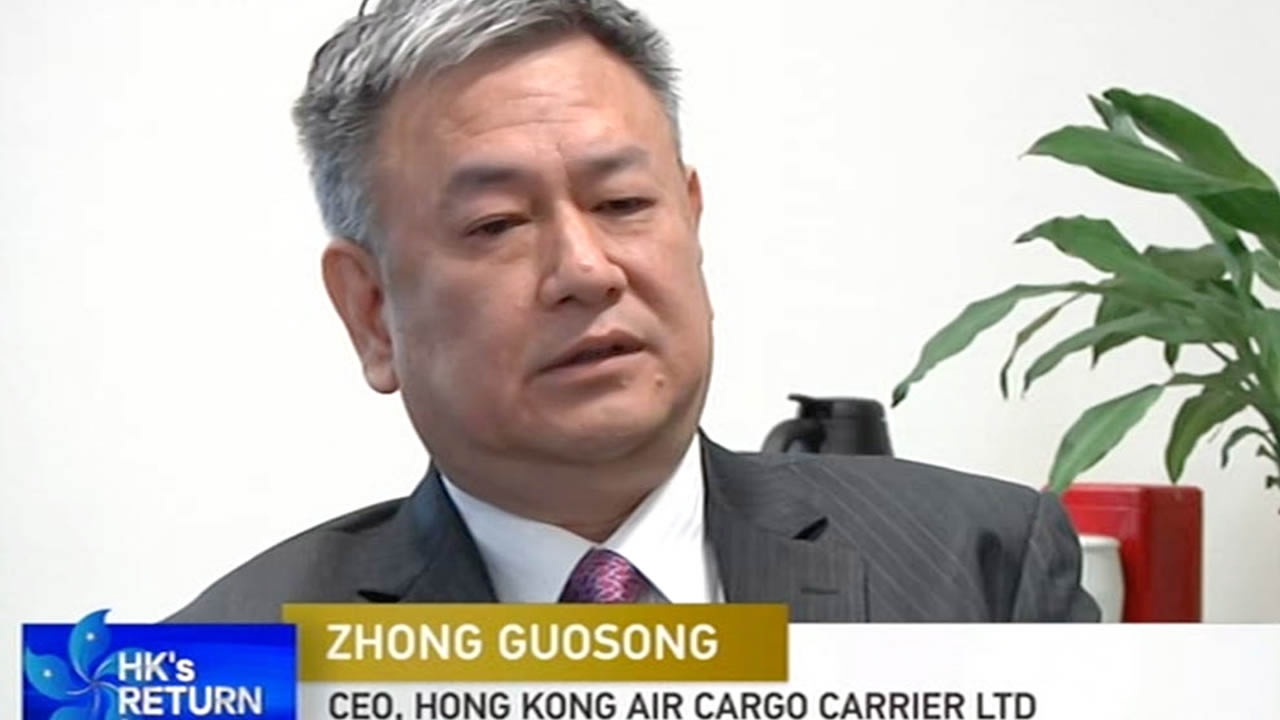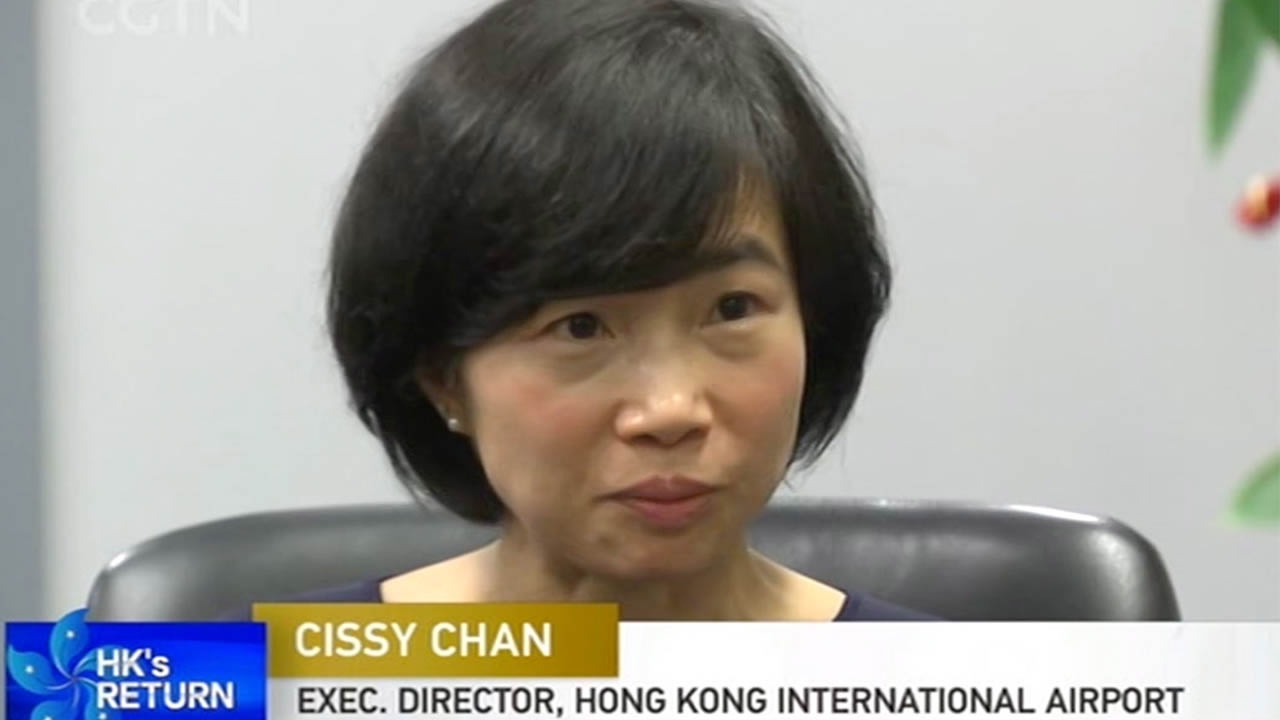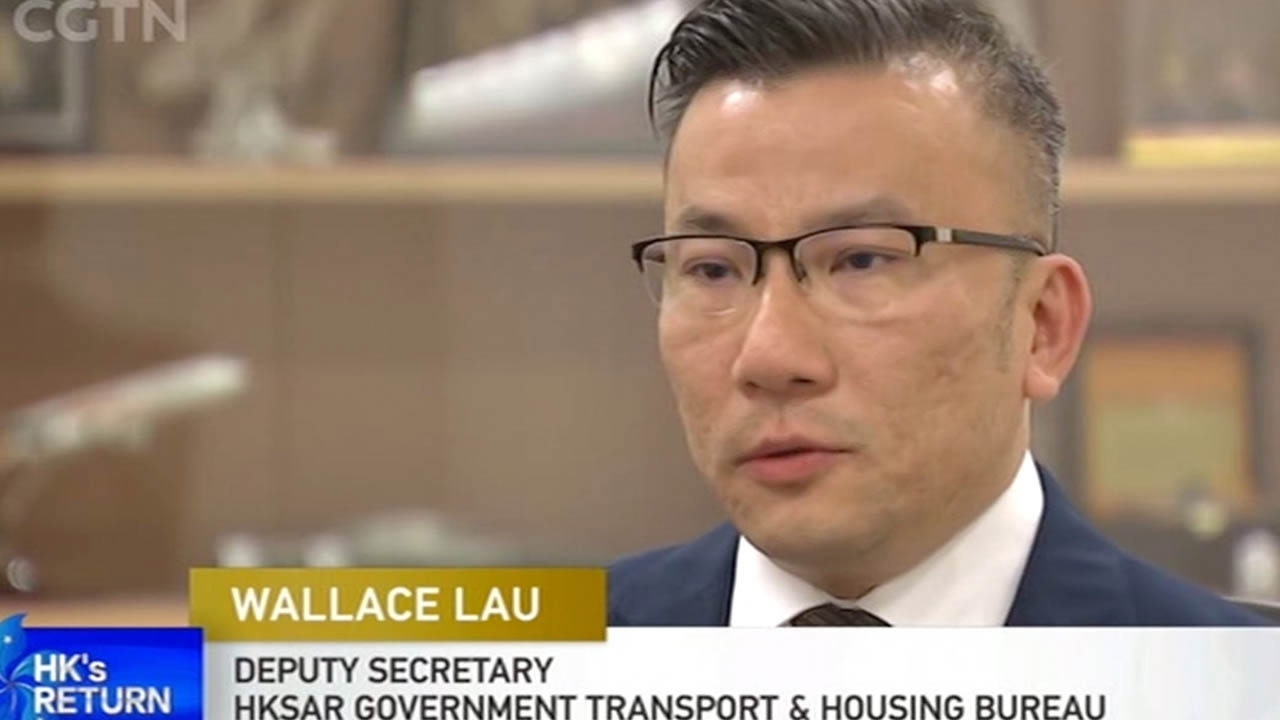
Business
16:49, 26-Jun-2017
Hong Kong's air cargo logistics set to benefit from Belt and Road

By CGTN's Tang Bo
Hong Kong’s aviation authority issued Hong Kong Air Cargo a permit to become a cargo carrier in April, in a move described by Chief Executive C.Y. Leung as a milestone for the city’s aviation industry.
The chairman of the new cargo carrier, Zhong Guosong said despite all the difficulties involved in applying, it was something that had to be done.

CGTN Photo
CGTN Photo
Zhong noted Hong Kong has a strategic geographical location from where planes can reach half the world’s population within a five-hour flight time. Besides, Hong Kong International Airport has the top cargo handling capacity in the world, bringing the carrier unlimited business opportunities.
Hong Kong International Airport’s cargo handling capacity rose 3.2 percent last year to hit over 4.5 million tons. That accounted for more than 40 percent of the city’s total external trade value. The air cargo industry has long been an indispensable part of Hong Kong’s economy.
Under the Belt and Road Initiative and the Greater Bay Development strategy, the industry now faces as many challenges as it does opportunities.
There are four neighboring major mainland airports in the Pearl River Delta area, and each has seen rapid growth in terms of air cargo logistics. So efficiency is the key for Hong Kong to stand out from the rest.
Cissy Chan, executive director of Hong Kong International Airport, says that the airport’s logistics system is already very efficient. The air cargo can be cleared electronically before it physically arrives at the airport. Because of this high level of efficiency, the airport can accept cargo as late as three hours before a flight departs.

CGTN Photo
CGTN Photo
The China-proposed Belt and Road Initiative is expected to help expand Hong Kong's air network even further.
Construction will soon start on a third runway at the airport, and is expected to double the current cargo handling capacity.
The airport is also planning to establish an aviation academy to train people in dealing with challenges and identifying new opportunities.
But the question is: what about the growing competition from mainland air cargo logistics?
Wallace Lau, deputy secretary of Transport and Housing Bureau of the regional government believes this is not a zero-sum game.

CGTN Photo
CGTN Photo
He said Hong Kong is not expecting its four major neighboring airports to go down. With the help of the Belt and Road Initiative, the five major airports in the Pearl River Delta area can complement each other, and make the Greater Bay Area a world class international cluster of logistics.
Competition has encouraged Hong Kong's air cargo industry to offer specialized and customized services, including packaging, insurance, and shipment-tracing.
The authority believes, together with information technologies and the building of the third runway, those value-added services will continue to help the air cargo industry contribute more to Hong Kong's economic growth.

SITEMAP
Copyright © 2018 CGTN. Beijing ICP prepared NO.16065310-3
Copyright © 2018 CGTN. Beijing ICP prepared NO.16065310-3